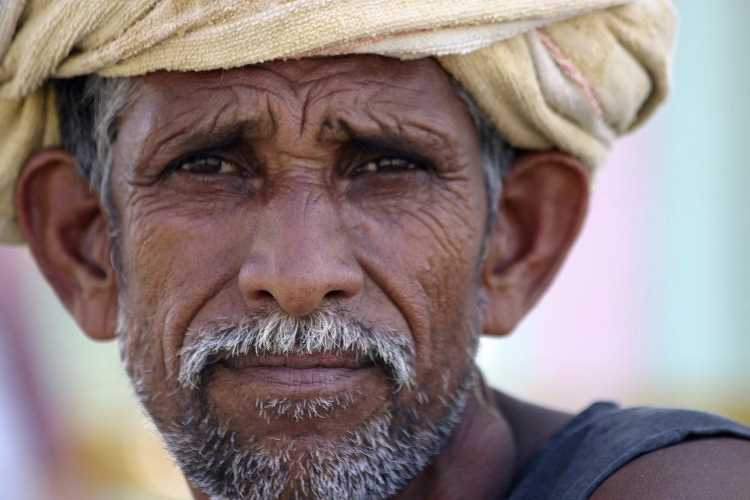
By Ashok Vishandass & Nitisha Thakwani
Covid-19, the most severe viral outbreak in more than a century, has already dented tourism, travel, transport, entertainment and hospitality sectors. Agriculture, the life blood of the Indian economy, cannot remain insulated from other sectors. Prices of agricultural commodities have crashed due to a fall in bulk demand from restaurants and hotels. While the demand for perishables has declined, that for vegetables with longer shelf life such as onions and potatoes has increased. The decline in trade will impact India both ways – its exports such as rice and imports like edible oils will suffer – with major implications for prices and availability. This may be seen in the light of bottlenecks at ports in other countries and at home. In the ultimate analysis, both farmers and consumers would be affected.
There is no shortage of grains and pulses in the country at present. The supply chain is fully geared up with abundance of stocks of over 58 million tonnes of rice and wheat in the godowns of Food Corporation of India (FCI) and 3.2 million tonnes of pulses with NAFED, as in March 2020.
READ: Surviving Coronavirus scare: A wish list for Indian economy, industry
Farm-gate prices of various agri-commodities have fallen due to the coronavirus scare. Prices of perishable vegetables have fallen 15-20% due to a crash in bulk demand and the uncertainty over exports. The export price of grapes at farm gate has fallen from about Rs 100 per kg to Rs 70-75 per kg. Wholesale sugar prices have also declined by 4% in the last 15 days. Various poultry and textile industry bodies, for instance, have expressed concerns over the impact of Covid-19, and have sought loan restructuring and financial incentives from the government.
Stocking up of some items by citizens has affected the supply-demand equation, due to which there is an amount of uncertainty among retailers. Prime Minister Narendra Modi’s appeal on March 19 to refrain from panic buying will, hopefully, have the desired effect. If the current situation persists, the country must be ready for some difficult situations.
READ: Kerala’s achievements in healthcare can be replicated in other states
Due to the awareness created by the government about the outbreak, a majority of workers are not reporting for work and migrant workers are returning to their native places. This situation is likely to intensify and could result in mass stoppage of production. Not only this, it may adversely affect the working of the Agriculture Produce Marketing Committees (APMCs), which, in turn, may impinge on the supply chain of agri-commodities.
The average age of farm workers in India is at least 12-14 years more than the workers in other sectors. Preliminary data suggest that new coronavirus outbreak has a much higher level of severity for people of 60 years and above, meaning the disease may hit the farming population harder. It is highly likely that daily agriculture workers will need to work longer than non-agriculture workers. The government must protect their wages and ensure that there is no labour shortage for the coming harvesting and sowing seasons.
READ: IMF identifies three action areas to mitigate economic fallout of Covid-19
Incidentally, PM-KISAN does not cover agriculture labour. The government must reach out to these most vulnerable sections by registering them in every block and paying them an allowance of at least Rs 1,000 per month. The government must go the extra mile to mitigate the pain caused by the coronavirus outbreak.
(Dr Ashok Vishandass is Professor (Applied Economics) at Indian Institute of Public Administration and former Chairman, CACP, ministry of agriculture. Nitisha Thakwani is a management professional.)

